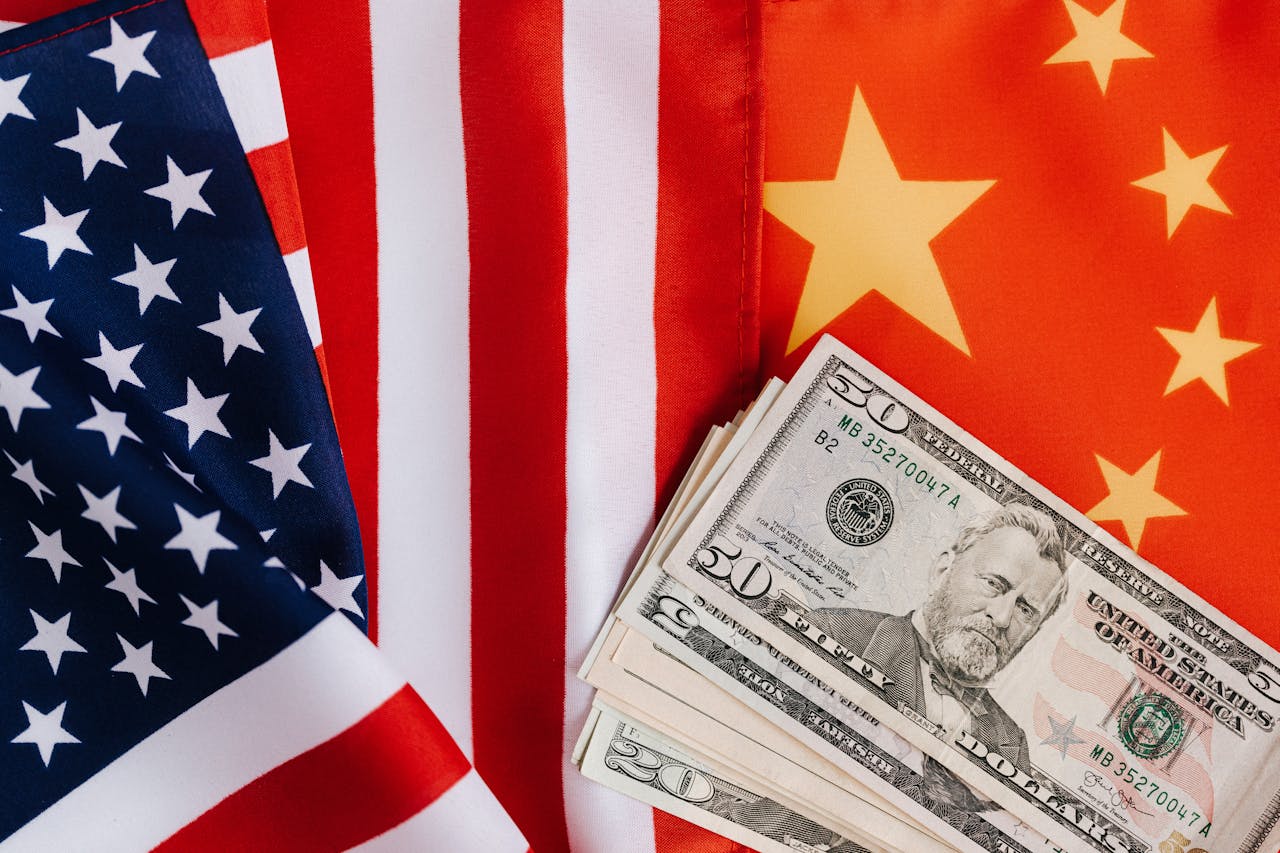Global trade tensions flare as US accuses China of predatory practices

In a heated session at the World Trade Organization (WTO), the United States launched a scathing attack on China, accusing the Asian giant of employing “predatory” industrial policies causing global trade tensions.
The US’s fiery rhetoric was echoed by its allies, including the United Kingdom and the European Union, who criticized China’s market-distorting practices during the review of its trade practices.
David Bisbee, the US deputy permanent representative to the WTO, stated that China’s state-directed economy operates in a predatory manner, leveraging its massive size and trade volume to squash foreign competition and dominate markets.
He pointed to China’s strategic industrial plans, such as ‘Made in China 2025,’ which aim to bolster its high-tech manufacturing sector through subsidies and other incentives, as a clear and present danger to fair trade.
“Foreign companies are not just competing against individual Chinese companies; they are competing against the Chinese state and Chinese companies acting in concert,” Bisbee asserted.
Global trade tensions
These comments come at a time of escalating trade tensions between the US and China, with the US recently imposing hefty tariffs on Chinese imports, including electric vehicles, batteries, and computer chips. There are also rumblings within the Biden administration about implementing even stricter measures to control chip exports to China.
The UK’s ambassador, Simon Manley, chimed in, expressing concerns about Chinese state-owned enterprises and their role in strategic sectors, noting that despite some reforms, these entities still pose challenges to foreign businesses.
China committed to global growth
Amidst the chorus of criticism, China has maintained its stance that its policies are in line with WTO rules. In a report submitted to the WTO, China emphasized its commitment to opening up its economy and contributing to global growth. Li Fei, China’s vice minister for commerce, struck a conciliatory tone, highlighting the benefits of China’s modernization to the world, while subtly critiquing the protectionist tendencies of some Western nations.
The WTO’s periodic review of China’s trade practices, which involves nearly 70 countries, has brought to light concerns about transparency and the lack of clear information regarding China’s financial support for key sectors like aluminum, electric vehicles, semiconductors, and steel.
The WTO secretariat noted that China’s economy has been a significant driver of global growth, but the murky details surrounding government support may contribute to perceptions of overcapacity in certain industries.
Enjoying this article?
Subscribe to get more stories like this delivered to your inbox.
As the review process continues, the international community awaits China’s response, scheduled for July 19, in what is shaping up to be a pivotal moment in the ongoing saga of global trade relations.
The world watches closely as these economic titans navigate the complexities of the modern trading system, with far-reaching implications for economies around the globe.
Source:
Western countries reprimand China for abusing its economic clout
Related Stories:
Global Trade: Navigating a fragmented future
Australian car buyers set to benefit from EU tariffs on Chinese EVs
China mocks America… but Biden could embarrass Beijing
